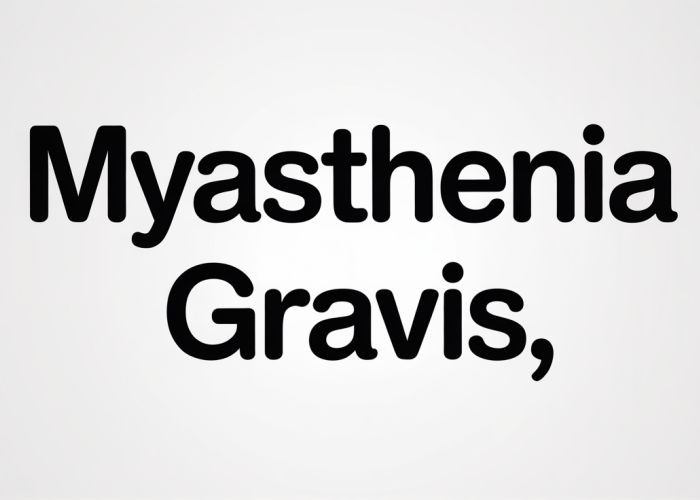Mastering Oxford dictionary citation is crucial for academic integrity, requiring a clear understanding of its principles. The Modern Language Association (MLA) offers guidelines that complement the oxford dictionary citation process. Furthermore, citation management software like Zotero simplifies the generation of citations conforming to Oxford dictionary citation standards. Accurate and consistent citation, validated by resources like the Oxford English Dictionary itself, strengthens the credibility of research conducted within institutions globally.

Unlock Oxford Dictionary Citation Like a Pro!
Citing the Oxford Dictionary accurately is crucial for academic integrity and giving credit where it’s due. This guide provides a detailed, step-by-step approach to mastering Oxford Dictionary citation across various citation styles. We’ll focus on how to create proper citations for both online and print versions.
Understanding the Importance of Accurate Citation
Why is accurate citation so important? It’s not just about following rules. Proper citation:
- Gives credit to the Oxford Dictionary for the definitions and information you use.
- Enhances the credibility of your work by demonstrating thorough research.
- Allows readers to easily locate the original source of information.
- Avoids plagiarism, a serious academic offense.
General Principles of Oxford Dictionary Citation
Before diving into specific styles, here are some general principles that apply across most citation formats:
- Identify the Entry: Clearly specify which word or phrase you are citing within the dictionary.
- Edition (if applicable): Note the specific edition of the dictionary if you are using a print copy.
- Publication Information: Include details like the publisher (Oxford University Press) and the year of publication or last updated date for the online version.
- Access Date (for online versions): Always include the date you accessed the online dictionary.
Citing the Oxford Dictionary in Different Styles
The following sections outline how to cite the Oxford Dictionary according to popular citation styles. The specific format will vary depending on the style you are using.
MLA (Modern Language Association) Style
MLA is commonly used in humanities disciplines. Here’s how to cite the Oxford Dictionary in MLA:
Citing an Online Entry
-
Format:
"Entry Word." Oxford Learner’s Dictionaries, Oxford University Press, [Date Accessed]. [URL]. -
Example:
"Ubiquitous." Oxford Learner’s Dictionaries, Oxford University Press, Accessed 15 Nov. 2023. https://www.oxfordlearnersdictionaries.com/definition/english/ubiquitous
Citing a Print Entry
-
Format:
"Entry Word." Oxford English Dictionary, Edition (if not the first), Oxford University Press, Year of Publication. -
Example:
"Serendipity." Oxford English Dictionary, 2nd ed., Oxford University Press, 1989.
APA (American Psychological Association) Style
APA is widely used in social sciences. Here’s how to cite the Oxford Dictionary in APA:
Citing an Online Entry
-
Format:
Oxford University Press. (n.d.). Entry Word. In Oxford Learner’s Dictionaries. Retrieved Date, from [URL] -
Example:
Oxford University Press. (n.d.). Ephemeral. In Oxford Learner’s Dictionaries. Retrieved November 15, 2023, from https://www.oxfordlearnersdictionaries.com/definition/english/ephemeral
Citing a Print Entry
-
Format:
Oxford University Press. (Year). Entry Word. In Oxford English Dictionary (Edition, if applicable). -
Example:
Oxford University Press. (1989). Defenestration. In Oxford English Dictionary (2nd ed.).
Chicago/Turabian Style
Chicago and Turabian styles are commonly used in history and some other humanities fields.
Citing an Online Entry (Notes and Bibliography)
-
Note Format:
- "Entry Word," Oxford Learner’s Dictionaries, Oxford University Press, accessed [Date Accessed], [URL].
-
Bibliography Format:
"Entry Word." Oxford Learner’s Dictionaries. Oxford University Press. Accessed [Date Accessed]. [URL]. -
Example (Note):
- "Paradigm," Oxford Learner’s Dictionaries, Oxford University Press, accessed November 15, 2023, https://www.oxfordlearnersdictionaries.com/definition/english/paradigm.
-
Example (Bibliography):
"Paradigm." Oxford Learner’s Dictionaries. Oxford University Press. Accessed November 15, 2023. https://www.oxfordlearnersdictionaries.com/definition/english/paradigm.
Citing a Print Entry (Notes and Bibliography)
-
Note Format:
- "Entry Word," Oxford English Dictionary, Edition (if not the first) (Oxford: Oxford University Press, Year of Publication).
-
Bibliography Format:
"Entry Word." Oxford English Dictionary. Edition (if not the first). Oxford: Oxford University Press, Year of Publication. -
Example (Note):
- "Fortitude," Oxford English Dictionary, 2nd ed. (Oxford: Oxford University Press, 1989).
-
Example (Bibliography):
"Fortitude." Oxford English Dictionary. 2nd ed. Oxford: Oxford University Press, 1989.
Tips for Ensuring Accuracy
- Double-Check the URL: Ensure the URL is correct and active.
- Verify the Publication Date: Make sure you are using the correct publication or accessed date.
- Use a Citation Generator with Caution: While helpful, always double-check the generated citation against the style manual.
- Consult the Style Manual: When in doubt, refer directly to the official style manual for your chosen citation style.
FAQs: Mastering Oxford Dictionary Citation
Here are some frequently asked questions to help you properly cite the Oxford Dictionary in your work. This guide aims to clarify common points and ensure accuracy in your citations.
What are the key elements needed for an Oxford Dictionary citation?
Typically, an Oxford Dictionary citation requires the word being defined, the specific dictionary edition (if applicable, especially for online versions), and the publication details or URL for online sources. Be sure to note the accessed date for online entries.
How do I cite a word from the online Oxford Dictionary?
When citing online, include the word, "Oxford Learner’s Dictionaries" as the source, and the URL of the specific word’s entry. Don’t forget to include the date you accessed the information, as online content can change. This ensures your oxford dictionary citation is verifiable.
Does the edition of the Oxford Dictionary matter in the citation?
Yes, it can. If you’re using a specific edition (e.g., a print edition from a particular year), include that in your oxford dictionary citation to differentiate it from other editions, particularly for historical linguistic analysis. The online version is frequently updated, so access dates are crucial.
What if the Oxford Dictionary entry has multiple definitions?
If you are referring to a specific definition, indicate which definition you’re using in your text (e.g., "According to the Oxford Dictionary, the first definition of ‘example’ is…"). You don’t necessarily need to specify the definition number in the formal oxford dictionary citation itself, but clarity within your writing is important.
And that’s how you unlock Oxford dictionary citation like a pro! Now go forth and cite with confidence.



